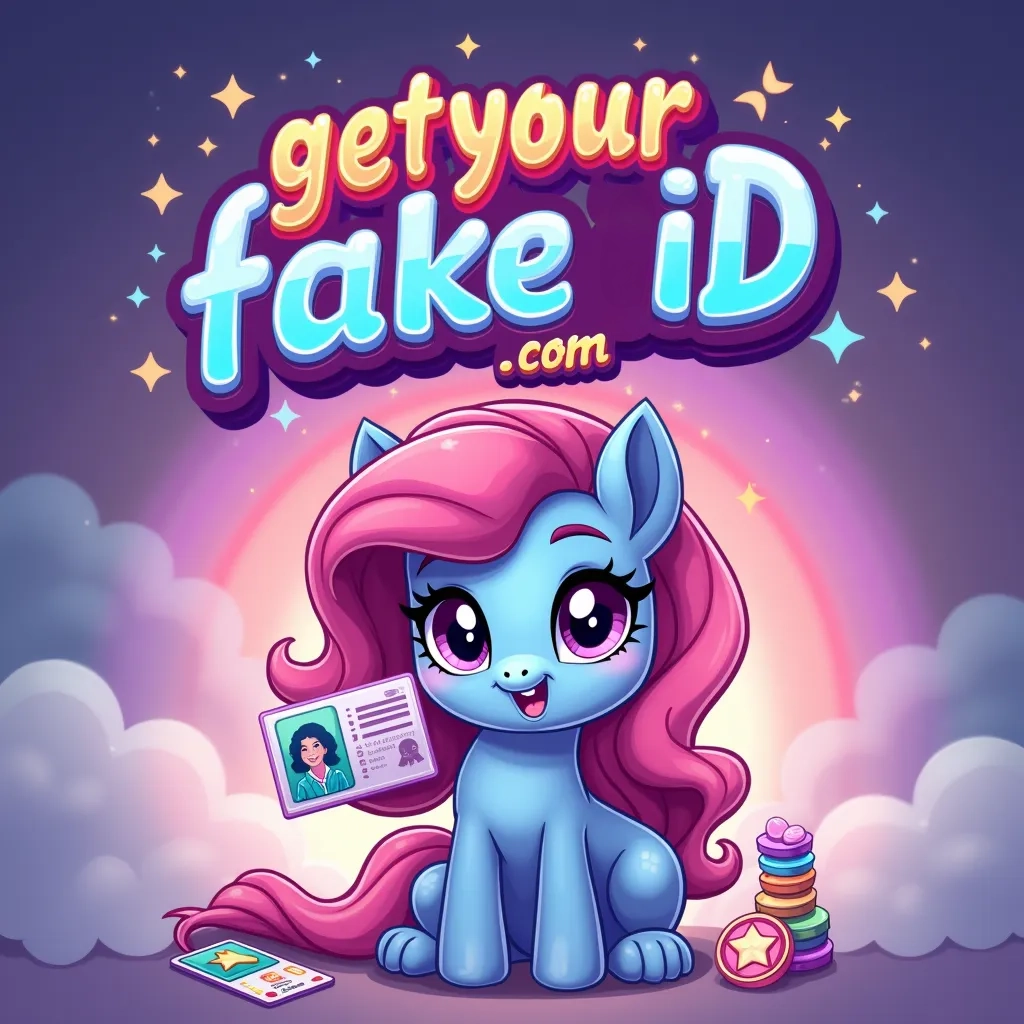The Ethics of Fake IDs: Is It Ever Justifiable?
In a world where the legal drinking age is set to 21 in the United States, many young adults find themselves in a predicament. The allure of bars, clubs, and social events often clashes with the legal restrictions placed on minors. This has led to a booming market for fake IDs 🕵️♂️. But the question remains: Is it ever justifiable to use a fake ID?
Understanding the Legal and Ethical Dilemma
The creation and use of fake IDs are illegal, carrying potential penalties ranging from hefty fines to jail time. These laws are in place to protect minors from the dangers associated with alcohol consumption and the risks involved in activities such as driving under the influence. Yet, the desire to fit in and enjoy the social aspects of adulthood often drives individuals to seek out these illegal means 🚨.
The Appeal of Fake IDs
Fake IDs offer a sense of freedom and independence to those who are legally restricted from purchasing alcohol and attending certain events. The excitement of exploring nightlife and participating in adult activities can be a powerful motivator. However, the risks are equally potent, including legal consequences and the danger of harming oneself or others 🍷.
Is There a Justifiable Situation for Using a Fake ID?
While the risks are clear, some argue that there may be circumstances under which the use of a fake ID could be justifiable. For example, underage individuals whose families face financial hardships might use a fake ID to work in bars or clubs, providing them with valuable income. Additionally, some argue that the legal drinking age could be reconsidered in a more nuanced manner that balances safety with the social and developmental needs of young adults 📉.
The Role of Personal Responsibility
Ultimately, the decision to use a fake ID lies with the individual. It’s crucial to weigh the potential benefits against the significant risks involved. Personal responsibility and awareness of the consequences can help guide this decision. Moreover, educational initiatives that promote awareness of the dangers and legalities of fake IDs can play a vital role in deterring their use 🧠.
Conclusion
The ethics of using a fake ID are complex and involve a balance of personal desires, legal restrictions, and societal norms. While the temptation to explore adult activities is understandable, the risks are significant and should not be underestimated. Encouraging open dialogue about these issues can help foster a more informed and responsible approach to this contentious topic 🗣️.
